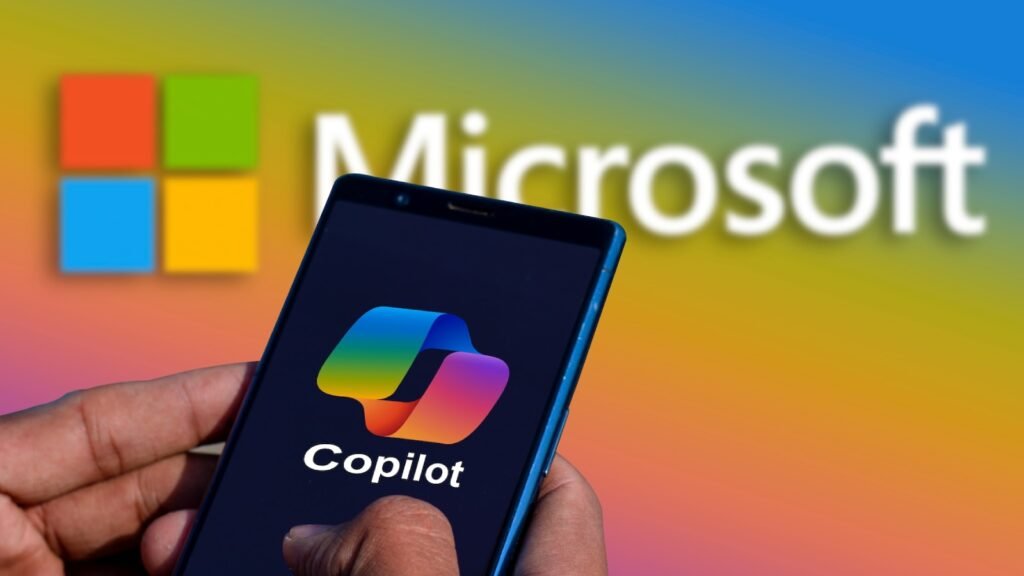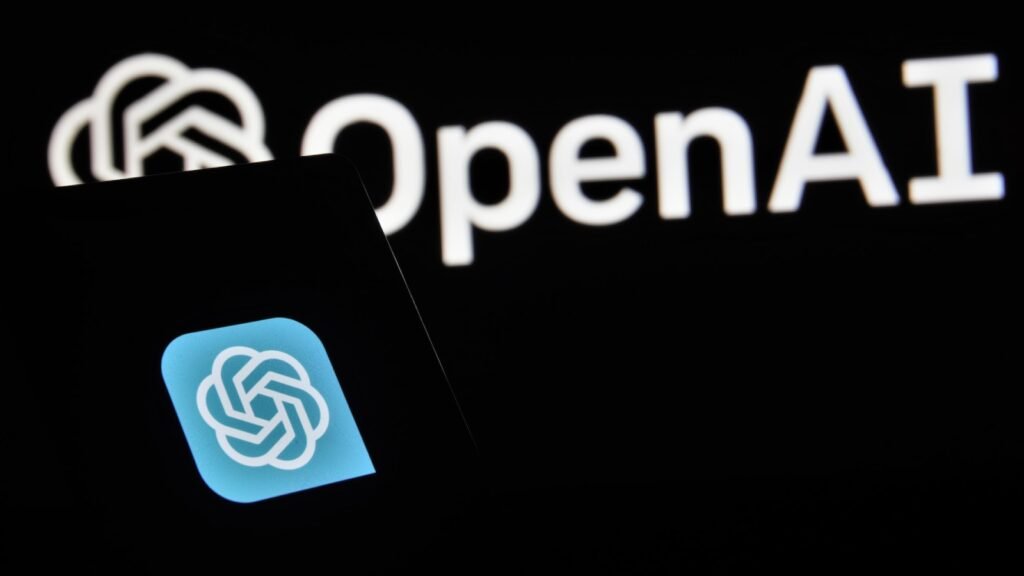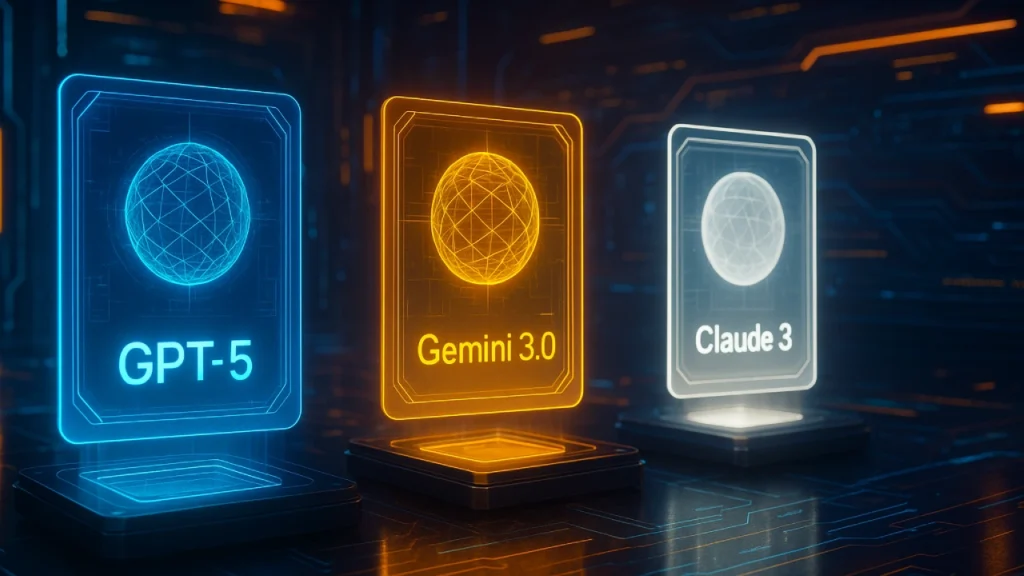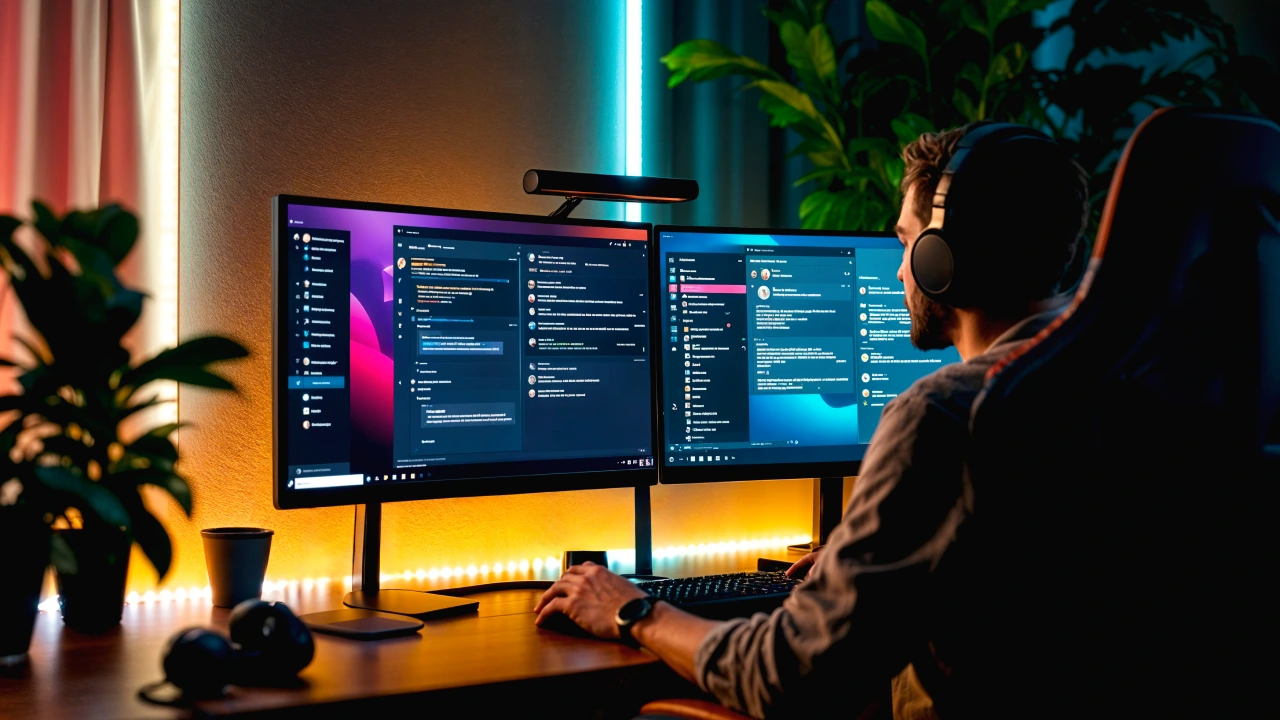Highlight
- AI-generated code accelerates development by automating boilerplate tasks, debugging, and code optimization.
- Human developers complement AI-generated code with creativity, ethical judgment, and deep problem-solving skills.
- The future of software engineering blends AI-generated code with human insight, creating a powerful co-creation workflow.
A handful of years ago, it was considered science fiction that a machine could generate another machine’s code. Coding was considered a proper art form, a blend of logic and creativity that only humans could master.
Fast forward to today, and our AI training buddies, such as GitHub Copilot, ChatGPT, and Tabnine, are doing more than making small code suggestions or commenting on other people’s code; they are capable of not only drafting complete applications from scratch or debugging any software, but are also potentially able to recommend architecture.
The line between human developer and machine companion is blurred – hence the euphoria and existential dread.

So, in this new world of intelligent automation, the question is raised – who wins with code – the machine or the developer?
Rise of AI Coders
The growth of Artificial Intelligence in software development has grown massively over the last couple of years. AI models trained on billions of lines of open-source code, huge language models (LLMs) such as OpenAI’s GPT-4 and Google’s Gemini, can now write, translate, and improve code across multiple programming languages.
When a developer types a prompt like “write a Python script to scrape a webpage,” the AI immediately drafts functional and clean code. More experienced users can do even more, such as asking the AI to build a complete front-end, debug existing applications, or optimize performance bottlenecks.
Tech giants have embedded AI into the heart of modern development environments:
- GitHub Copilot, powered by OpenAI’s Codex, has generated over a million user accounts and provides real-time code suggestions in Visual Studio Code.
- Amazon CodeWhisperer and Replit Ghostwriter offer similar features for professional and educational developers.
- New companies like Mutable AI and Blackbox AI are wiring pipelines. Hence, programming now includes systems that automate entire code pipelines, not just code writing, but also testing, documentation, and deployment.
As a result, we are now at a stage where developers are not coding alone, but coding with an intelligent assistant that can learn from context, recall project details, and copy user style.
Where AI Excels
The primary benefit is the pace. A developer might otherwise spend hours investigating syntax or debugging the same pattern over and over, but now produces results in seconds. For routine programming jobs, creating boilerplate code, formatting the code, generating a suite of tests, etc. AI tools are revolutionary because of these reasons:

- Efficiency and Productivity: Developers report completing simple or moderately complex tasks up to 50% faster. AI code generation eases the burden of “blank-page syndrome” by allowing developers to work from something rather than nothing.
- Error Reduction and Debugging: AI tools can thoroughly scan code for bugs, inconsistencies, and unused variables. Data collected by GitHub indicated that Copilot’s automated suggestions can decrease the time spent debugging by up to 40% on specific tasks, according to some users.
- Accessibility and Learning: For new developers, an AI tutor is always available to guide them through code snippets, suggest alternatives, and offer examples, democratizing programming for individuals who have not been in formal, structured environments.
- Multilingual Coding: It is common for today’s developers to code in multiple programming languages, sometimes hours apart. Writing Python for data, JavaScript for the web, C++ for performance, and then traversing the loop yet again, it’s impossible to prioritise everything, so new developers are leveraging their AI tools to translate to keep their teams on pace.
- Continuous optimization: AI agents can refactor legacy code and enhance efficiency, even discovering vulnerabilities. It resembles reading documentation and coding patterns, while troubleshooting immediate code fixes with new best practices.
Where HumanStillll Thrive
Human developers are still irreplaceable, however, due to these reasons:
- Imagination and Creative Context: AI can emulate and replicate behavior, but it cannot imagine. AI lacks an intuitive understanding of why something should be done in a particular manner. Humans can discern details of significance, such as business outcomes, user psychology, ethics, and the long-term maintenance of a system. AI, by the very nature of its design, is limited to generating outputs defined only by available or recognized statistical constraints. AI produces distinct predictions of behavior but does not create purpose or behaviors.
- Problem Solving Beyond Documentation: Most software challenges are not strictly technical, but involve discussions of trade-offs, priorities, and collaboration. A human developer understands the nuances of when to sacrifice performance for readability and when to refactor an interface to improve user functionality and experience.
- Ethical Assessments or Judgment: AI-made models can potentially produce insecure code, duplicate biased or insecure code, or plagiarize code inadvertently through the combined data processing of their training sets. A human developer must review and ensure that the output is valid for its intended use, supports compliance, user safety, and ethical practice.
- Debugging Complex Logic: AI can fix syntax errors, but it struggles to reimplement logic-specific constraints for specific domains, such as financial applications, medical algorithms, or safety-critical engineering code. Understanding the intent behind a function still requires a human.
- Team Communication and Leadership: The best software is rarely documented and then developed individually by a single coder. Great teams communicate, Geoff- refine thoughts, and align common goals. AI cannot yet attend meetings, collaborate on interpersonal dynamics, or be productive in some basic negotiations on priorities.

Promoting Co-creation and not competition
There is an emerging consensus among technology leaders that AI acts as an enhancement tool for developers, not a replacement. In 2025, the most productive environments will consist of human-AI partnerships, where the majority of mechanical work is handled by the machine, and the human charts the direction and meaning.
For example, you can picture a developer as a film director and AI as the cinematographer. The AI is responsible for the technical execution of the shot, lighting, and composition, while the human crafts the story and outlines the vision.
A survey conducted by Stack Overflow at the end of 2024 found that 82% of developers use AI assistants frequently or daily, while only 9% trust AI to code independently. Developers actually describe the working relationship as co-piloting, not automation. The AI handles the little things – i.e., boilerplate code, syntax, and documentation- and allows humans to think about architecture, design, and innovation.
This model of collaboration has already shown signs of success. Microsoft has conducted internal developer productivity studies, which found that AI-assisted teams were 55% more likely to meet deadlines and 30% less likely to experience burnout. That reduction in cognitive load allows creativity to flow more freely.

The Ethical Debate
Nevertheless, this symbiosis raises concerns that lie beyond efficiency. If AI completes 60% of a junior developer’s work, what happens to entry-level jobs, which are often referred to as the traditional training grounds for experts of tomorrow?
Some experts have warned that over-reliance on AI can diminish people’s fundamental skills. “If the next generation of programmers never suffers through debugging,” Professor Meera Nanda from IIT Bombay. “They may not learn the mental models that make them great engineers.”
In addition, it’s conceivable that AI-generated code could entail legal risks under intellectual property law. If the AI model trains on copyrighted code, its outputs could reproduce that code, either intentionally or inadvertently. So, companies will need to navigate a more legal gray area around authorship, ownership, and accountability.
Ethically speaking, there is also the philosophical question: Should we trust machines with decisions that can impact a person’s safety, finances, or privacy? If AI writes code that can be used in healthcare or defense applications, a small error has an acceptable impact on humans.
Regulators are beginning to take action. The European Union’s AI Act and other frameworks will be the first to set requirements for “human-in-the-loop” orders, outlining that people remain accountable for any AI-assisted output.
Conclusion
Actually, there are no winners or losers, as this is not a contest. It is a collaboration toward a more equitable balance of power for coexistence. The AI-enabled code writing is the product of decades of automation, designed to remove drudgery while enhancing your creativity. However, machines are still machines, and they create code without the human capacities of intent, ethics, and creativity.

Humans can and must evolve. Developers who might want to survive or thrive in an AI-enabled world must adapt to their workings and learn to shepherd, critique, and collaborate with machines. Just as code-writing development itself ushered in a new digital age, developers who evolve will be architects of the new one, and those developers who do not will not survive in an environment characterized by productivity without perfection.
Ultimately, the real “winner” is not AI or the developer, but their collaboration, combining the procedural certainty of coding with the intuitive capabilities of the human brain. Combining AI and humans, both in dialogue, key by key, will facilitate technology that increases productivity, fooling us into believing we understand life as we know it.
The future of software and the practice of writing code will be accomplished collectively, not by either entity on its own, but collaboratively, where intelligence is indistinguishable between humans and machines.
